Activism: Community Organizing
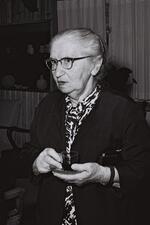
Rahel Katznelson
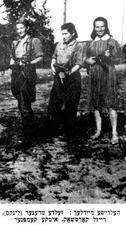
Vitka Kempner-Kovner
Vita Kempner-Kovner was a heroic fighter on the front lines of the underground resistance to the Nazis.
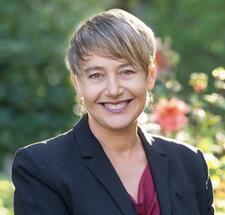
Idit Klein
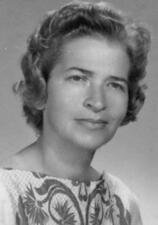
Reizia Cohen Klingberg
Reizia Cohen Klingberg began her career as a teacher, but when she began hearing reports of deportations and disappearances, she returned to occupied Krakow in 1942 and joined the ghetto’s underground movement. The group stole and smuggled weapons and attacked German officers. Despite being betrayed, arrested, and deported, Klingberg survived to be liberated by American soldiers at Auschwitz and subsequently moved to Palestine.
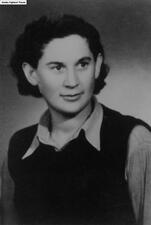
Chajka Klinger
Chajka Klinger, a member of Ha-Shomer ha-Za’ir, was active in the resistance against the Nazis in Bedzin and Warsaw. Her mission was to live, so that she could keep the flame and memory of resistance alive. Her diaries were the first written evidence about the Warsaw Ghetto uprising to escape Nazi Europe.
Irene Caroline Diner Koenigsberger
A distinguished chemist credited with discovering the molecular structure of rubber, Irene Caroline Koenigsberger refused to patent her work, making her discovery available to all. She was also an important figure in the Washington, D.C. Jewish community, cofounding Temple Sinai and the B’nai B’rith Hillel at George Washington University.
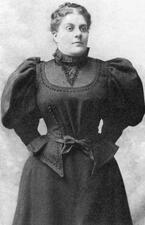
Rebekah Bettelheim Kohut
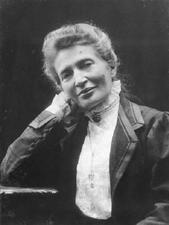
Anna Kuliscioff
Born in Russia but educated in Switzerland, Anna Kuliscioff became one of the key figures in Italy’s early socialist movement and was a feminist advocate who concentrated on poor women’s issues. In her later life, she helped publish a socialist periodical and hosted a prominent salon, often with her partner Filippo Turati.
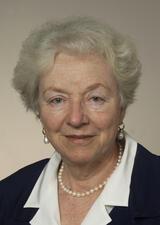
Madeleine May Kunin
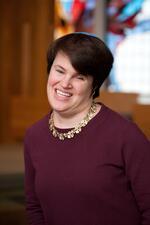
Lauren Tuchman
Lauren Tuchman, the first blind woman ordained as a rabbi, is best known for her championing inclusive Torah and disability justice. Though she is ordained in the Conservative movement, most of her work has been in community organizing and other non-congregational settings.
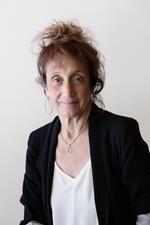
Liz Lerman
A dancer, choreographer, educator, writer, and collaborator, Liz Lerman is among the dance field’s prominent public intellectuals, bringing deeply researched ideas about dance and community across fields as diverse as genetics, history, ethics of justice and reconciliation, and the science and religion of the origins of the universe. She draws consciously on the Jewish value of tikkun olam—healing the world—in her work.
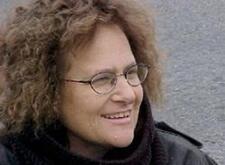
Marilyn Golden
Marilyn Golden was a long-time disability rights advocate who played a leading role in advancing accessible architecture and transportation in the United States. She was a key player in developing the accessibility provisions of the Americans with Disabilities Act and ensuring their effective implementation.
Pearl Bernstein Max

Yavilah McCoy

Goapele
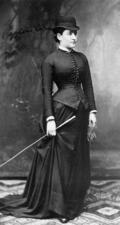
Bertha Pappenheim
Bertha Pappenheim was the founder of the Jewish feminist movement in Germany. In 1904, she founded the League of Jewish Women. Pappenheim believed that male-led Jewish social service societies underestimated the value of women’s work and insisted on a woman’s movement that was equal to and entirely independent of men’s organizations.
Ina Perlman
Ina Perlman was a hands-on anti-Apartheid fighter and the face of “Operation Hunger,” which saved the lives of countless Black South Africans facing death and starvation in Apartheid South Africa.
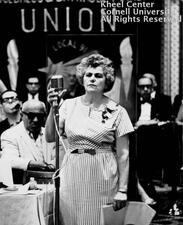
Rose Pesotta
Rose Pesotta was an iconic labor organizer and president of the International Ladies' Garment Workers Union (ILGWU) in the early twentieth century. Pesotta saw her union organizing as an opportunity to fulfill the anarchist mandate “to be among the people and teach them our ideal in practice.”
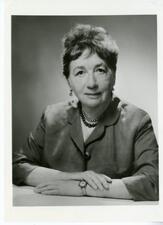
Hortense Powdermaker
Hortense Powdermaker explored the balance of involvement and detachment necessary for participant-observer fieldwork in cultural anthropology, stressing the ability to “step in and out of society.” Her secular Jewish identity was apparently a factor in learning this skill, exemplified in an academic career that included thirty years of college teaching and the writing of five major books based on widely diverse fieldwork studies.
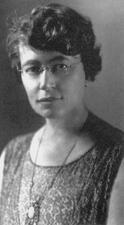
Jennie Franklin Purvin
Jennie Franklin Purvin was one of a few Jewish women to become prominent in both civic and Jewish communal work in Progressive Era Chicago. Of her many efforts to improve the city, Purvin’s most visible and long-lasting accomplishment is the beachfronts on Lake Michigan for swimming and recreation.
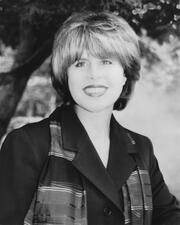
Brenda Brown Rever
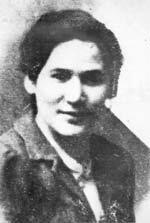
Roza Robota
A member of the Jewish underground in the Auschwitz-Birkenau death camp, Roza Robota was one of the organizers of an operation to smuggle explosives for use by members of the Sonderkommando (Jewish forced-labor unit of concentration camp prisoners) in the October 7, 1944 revolt at the camp.
Lillian Rock
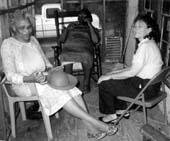
Vivian Leburg Rothstein
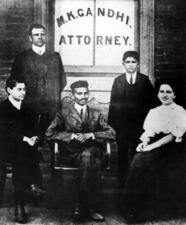
Sonja Schlesin
Sonja Schlesin was one of Gandhi's most trusted and important associates during the period when he was a young lawyer in South Africa. She rose from becoming his secretary in 1906 to playing a major role in the large nonviolent demonstrations and protest marches of 1913, which he organized on behalf of the immigrant Indian community.


